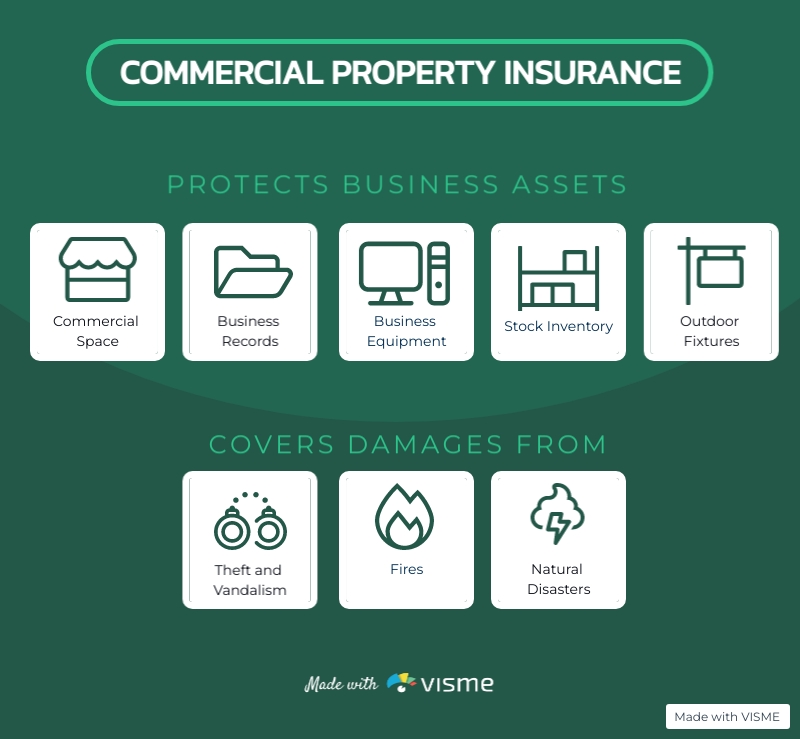Apr 25, 2024
Demystifying Contractor Terminology: A Homeowner’s Guide to Mastering Renovation Terminology
Navigating a home renovation job can be difficult, specifically when discussions with your specialist look like they’re occurring in a various language. The world of building and construction, as pointed out at
https://bbbhomeremodeling.com/5-signs-good-remodeling-contractor/
, is filled with particular terms and phrases that can be difficult to the uninitiated.
This short guide intends to bridge that gap, offering clear descriptions for a few of the most typical “professional speak” you’re most likely to encounter during a renovating job. By arming yourself with this knowledge, you’ll be much better prepared to communicate effectively, make informed choices, and ensure your renovation runs efficiently.
Understanding the Fundamentals
Change Order: An official file that outlines any modifications to the initial job plan, consisting of changes in cost and timeline. It’s vital since it ensures both parties agree on changes after the contract is signed, says
san jose remodeling contractor
.
Load-Bearing Wall: This is a wall that supports the weight of the components above it, such as the roof or upper floorings. Removing or modifying these walls needs careful preparation and frequently, reinforcement techniques.
R-Value: A measure of insulation’s capability to resist heat circulation. The greater the R-value, the better the insulation efficiency. Knowing this can help you make energy-efficient options in your renovation.
Navigating the Process
Draw: Part of the payment plan for the project, a draw is a scheduled release of funds from the funding source, based upon the conclusion of pre-defined stages of work. It guarantees the professional makes money for progress without the homeowner footing the whole bill upfront.
Subcontractor: Professionals employed by the basic specialist to perform particular tasks, such as plumbing, electrical, or roof. Understanding this function assists you understand who’s responsible for what in your remodelling.
Punch List: A list produced at the end of the project detailing small jobs and repairs that require to be completed before final payment is made. It’s the goal of your task, ensuring everything meets your requirements.
Budgeting and Agreements
Contingency: A budgetary buffer (typically 10-20% of the task expense) reserve for unforeseen expenditures. Having a contingency is vital for attending to surprises without blowing your total budget plan.
Lien Waiver: A document from the professional or subcontractor stating they have actually received payment and waive any future lien rights to your home for the quantity specified. It’s important for securing yourself versus claims for overdue work.
Scope of Work: An in-depth description of all work to be carried out under the contract, consisting of materials, labor, and services. Clarity in the scope of work avoids misunderstandings and conflicts.
By acquainting yourself with these terms, you’ll not just improve your interaction with your contractor however also get self-confidence in overseeing your home restoration project. Keep in mind, a knowledgeable property owner is an empowered house owner. Accept the renovation journey with knowledge and confidence, understanding you’re fully equipped to handle the specialist speak.
More Details

